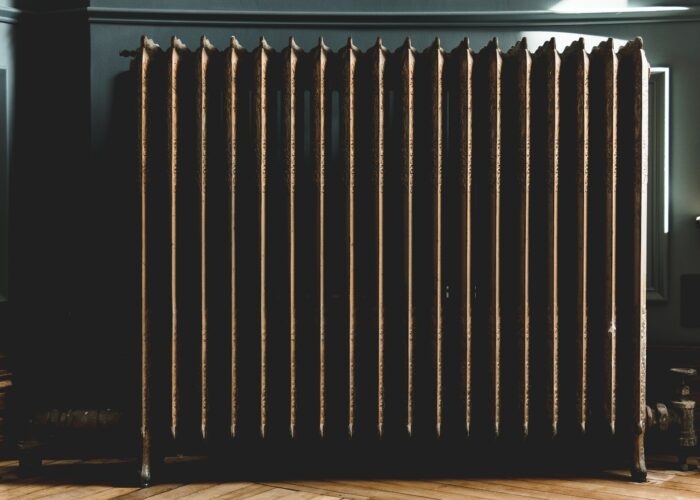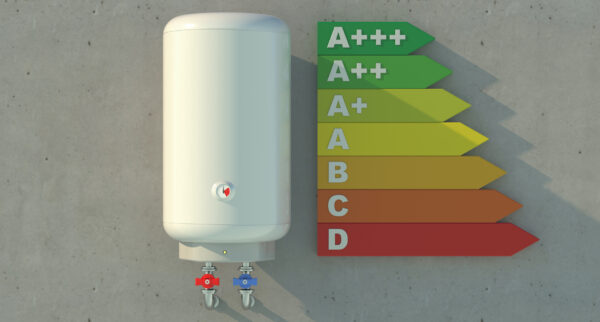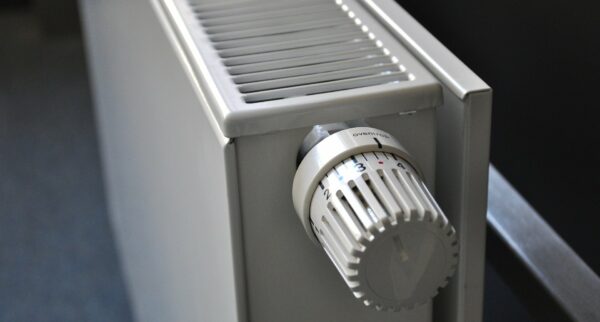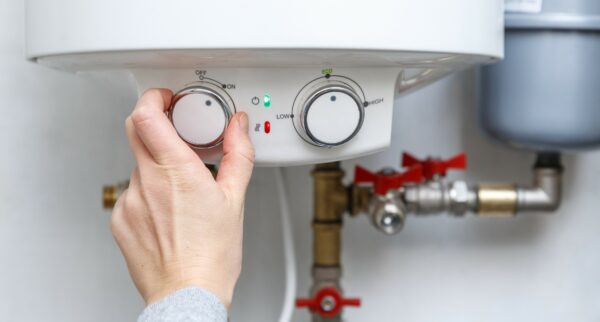Call us today 0207 32 32 999
Deciding on the most energy-efficient way to heat your home is sometimes easier said than done. With so many different opinions on the optimal way to use boilers, the topic is always up for debate.
Some people swear by leaving their heating on all the time, while others firmly believe that doing so is a waste of valuable energy. So, how do you decide whether or not to leave your heating on constantly, and what should you consider before you do so? Our experts have shared their opinions on the controversial subject.
Table of Contents
ToggleWhy might you leave your heating on all the time?
For years many people have advocated for the benefits of leaving your heating on all the time. Yet the issue is far from clear cut.
If you choose to leave your boiler running constantly, you will of course ensure that your home never reaches the plummeting temperatures that leave you shivering. As a result, the heating system won’t have as much work to do when it’s finally switched on and tasked with raising the temperature of every room in the house.
Some say that leaving your heating on all the time equates to a far more cost-effective way of heating your home, as the system doesn’t have as much work to do when tackling very low temperatures. Therefore, it’ll use less energy in the long run. But is this really true? Let’s see what the experts think.
What do energy experts say on the matter?
The Energy Saving Trust, a UK organisation dedicated to promoting energy efficiency, does not recommend leaving your heating on all the time. The charity has given its opinion on the matter, firmly stating that the idea that it’s cheaper to leave your heating on low all day long is a myth.
Experts at the Energy Saving Trust claim that by heating your home continuously throughout the day, you’ll end up losing energy constantly. This energy, which leaks from the home whenever the heating is on, equates to wasted fuel which is bad for both the environment and your heating bills.
The amount of insulation you have in your home will of course have some bearing on how much leakage there is, but as a general rule The Energy Saving Trust states that keeping heating running continuously will result in a continuous loss of energy, which it does not recommend.
What should you think about before making the decision?
We all use our heating systems differently, and have varying requirements as to how cool or warm our homes should be. So, there’s no one size fits all answer to the question of how long your heating system should be switched on for. Before making a decision, there are a few factors that you’ll want to consider.
First, think about how well insulated your home is. If your home is incredibly well insulated, then not only will you not need to leave your heating on for as long, you’ll also lose less energy through leakage and therefore a lack of efficiency won’t be such a problem for you.
Consider how long it takes to heat your home, and what temperature your family finds most comfortable. If you opt for different temperatures in different zones of your house, you’ll also need to factor this into your decision.
Finally, look at your boiler system itself. More modern systems tend to be more energy efficient, so by using one you’ll already be saving money on your bills and heating your home more effectively. If your system is past its best, it might be worth thinking about upgrading it to limit energy wastage, rather than simply setting your heating to run all the time.
How to test whether or not you should leave your heating on all the time
If you’ve been pondering whether or not to leave your heating running continuously, but you can’t seem to make up your mind, there’s an easy trick that’ll help you do so. It’s just a case of testing the theory for yourself.
If your home has good insulation and you like it to remain at a cosy temperature, then why not set your heating to run continuously for a specified period of time. If you do so for a week, for example, and then the following week change the settings so that it comes on only at set periods of the day, you’ll soon be able to see which option suits you best.
Make sure you take meter readings at the beginning and end of each week, and bear in mind any fluctuations in weather. If one week has been particularly cold, you might want to repeat the test to get a more accurate comparison.
Once you’re happy with the test periods, you’ll be able to analyse how your energy usage compares over the two week-long periods. Readings from the end of each week will give you a clear indicator of the amount of energy you’ve used over each period – and therefore how much energy has been wasted. It’s then just a case of comparing your findings to see whether or not you’ve saved money by leaving your heating running.
If you find that you have saved energy by keeping your heating running continuously, it’ll of course be worth changing your heating settings so that the system always runs in this way. However, if you haven’t, we recommend you take further steps to find out exactly when you should set your heating to turn on and off. By doing so you’ll be able to make sure your home is always comfortable and that your energy bills are as low as they possibly can be.
—
There are many steps that you can take to improve the energy efficiency of your home, saving you money and limiting your impact on the environment. If you’d like to find out more about how you can make sure your home is energy efficient, just get in touch with our team. We’re always here to answer any questions you may have.





